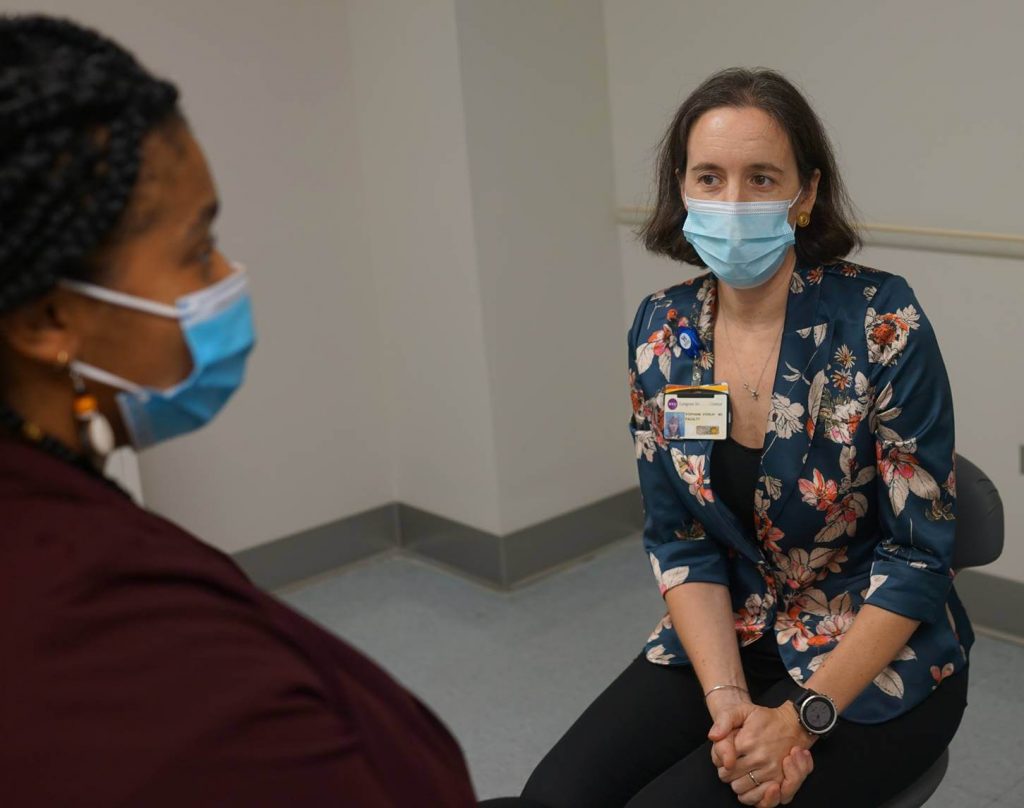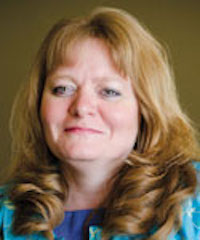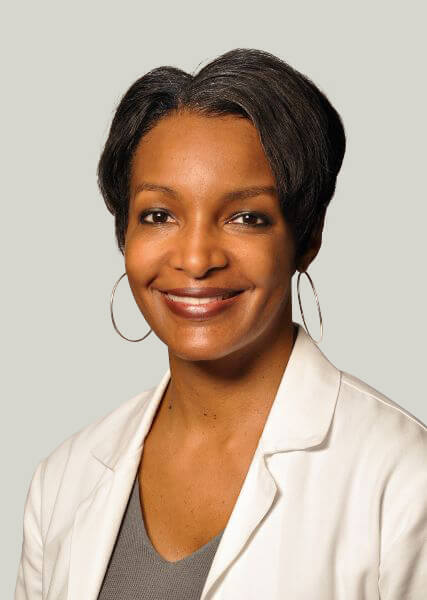
This isn’t your average “pandemic pivot.”
The millions of healthcare workers who witnessed the darkest days of the pandemic have formed a new front line as they help to vaccinate the country as quickly as possible.
As we have seen time and again, the majority of these workers are women. Below, three healthcare workers share their distinct experiences with the vaccine rollout.
‘It’s Crazy, But It’s Worth It’

Heather Stephen-Selby, an infectious disease specialist who bought personal protective equipment for her staff and established a call center for Covid patients as early as January 2020, has brought the same level of preparedness to vaccine strategy and distribution.
She and her thousand-member staff at HealthPoint Community Health Centers, located in a suburb of Seattle, go straight into the low-income, non-English-speaking communities they serve with drive-through vaccination clinics.
“It’s a tremendous amount of legwork on our end to help patients get the vaccine,” said Stephen-Selby, who also serves as director of clinical support for the network of 15 health centers. “We’ll stay until midnight if we have to. It’s crazy, but it’s worth it.”
[Related: Meet the Industrious Women Who Are Speeding Up the Vaccine Rollout in Their Communities]
As mass testing sites turn into mass vaccination sites, frontline workers who have had no rest from the trauma they endured during the various waves of the pandemic are now coordinating, delivering and administering the vaccine — not to mention training their staffs, tackling health inequalities and running clinical trials.
“The people who are vaccinating haven’t stopped in more than a year,” said Stephen-Selby. “You’re tapping the same resource over and over. And the bulk of your workforce is us — women.”
Vaccine Trial and Error
Stephanie Sterling, an infectious disease specialist at NYU Langone Health in New York City, is also co-lead of the hospital’s vaccine treatment and evaluation unit — one of 10 such units across the country.
Over the summer, Sterling was “stumbling out of the hospital, bleary-eyed, after seeing room after room” of people, the majority of them patients of color, falling ill and dying.
The next thing she knew, in September she was charged with enrolling diverse populations in Brooklyn for Phase 3 clinical trials of the AstraZeneca vaccine. She sought out essential workers who could not stay home and people with underlying health conditions to be part of the trial.
[Related: This Health-Tech Founder Wants to Bring Data — and Dignity — to the Vaccine Rollout]
She and her team were only able to enroll about 200 people — they had to pause trials when conflicting reports of adverse effects came out — but for a vaccine research center that was just two years old, Sterling saw her role in this effort as a huge success.
“It is an honor to be part of this research,” she said, adding that it may be a while before a similar trial is conducted because other vaccines in the works have not yet been approved. “To be part of a massive community of investigators in a small period of time is probably not something any of us will forget.”
Sterling added that researchers will follow the trial participants for two years, and that, so far, no one in their pool has reported adverse reactions from AstraZeneca’s vaccine. Next, she is eager to research what happens if people “mix and match” — for example, if they get a Moderna dose followed by a Pfizer dose.
“Another thing we’re interested in looking at is vaccine hesitancy,” Sterling said. “What makes someone interested in volunteering in a trial, and what makes someone say ‘hell no’?”
Addressing Health Disparities

Monica Peek, primary care physician at The University of Chicago Medicine, says the problem is not so much vaccine hesitancy as equitable distribution of the shots.
For the past 20 years, Peek has researched health disparities in the African-American community, specifically around diabetes. But she said that the same structural inequities that prevent communities of color from getting proper treatment for diabetes also translate to treatment for Covid, and, now, access to the vaccine.
“We have failed to distribute vaccines in an equitable fashion,” Peek said. “You have to plan for equity.”
By setting up online sign-up systems, “that means people who don’t have [Internet] access, who feel less comfortable with technology or they can’t afford it — those are the people who will be left behind, and that’s exactly what has happened,” she said.
Like Stephen-Selby and Sterling, UChicago Medicine staffers are going out into their community, which covers the South Side of Chicago, to host events for people to get vaccinated. But in a majority African-American population, efforts to show that the vaccine is safe is complicated by a history of medical experimentation, exploitation and neglect.
[Related: This All-Female Team Delivered the Vaccines to the Furthest Corners of Alaska]
“These [vaccines] are not designed to hurt or harm the Black community — I’m having this discussion all the time,” said Peek. “But our main issue right now is equity and distribution. It’s not lack of want for this vaccine.”
As vaccine efforts continue to ramp up around the country, and eligibility in many states keeps expanding, experts say it’s just a matter of getting enough supply to meet the demand. In the race against variants, healthcare workers say they are cautiously optimistic.
“We have a presidential administration that is taking science seriously,” said Peek. “I think that we are on the right track and headed into brighter days.”

